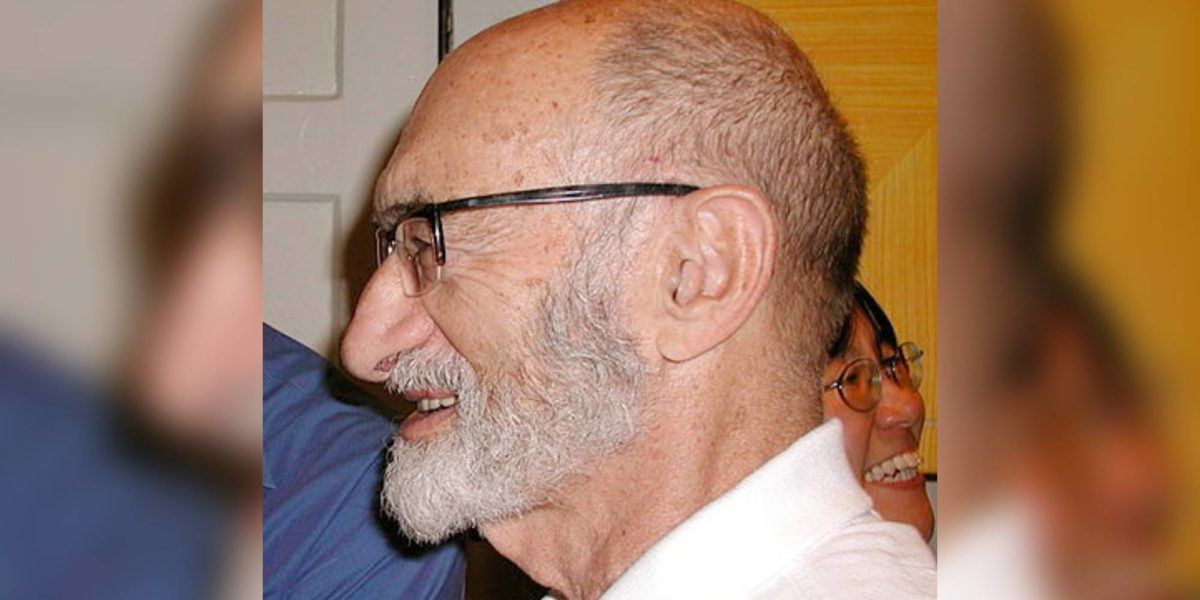Abortion was decriminalized in Canada 35 years ago this Saturday, January 28. 36 years ago, if you wanted an abortion, it meant sitting in front of a panel of doctors, usually men, who would decide if your abortion was “necessary.” That is, if you could access such a hospital. Not all hospitals created those committees, effectively refusing to provide abortion care at all. If such a committee did deem your story good enough to warrant an abortion—many did not—delays could span weeks.
Today, the legal hurdles are gone, but access is still a privilege not everyone in Canada has, and another question looms: Could what happened in the U.S. happen here too?
The answer is no, and yes, and it’s more complicated than that.
In Canada, abortion is treated as health care. We do not have an equivalent law that could be repealed to simply snuff out our right to what is a very common and essential medical procedure. We can take a deep breath.
That said, we must not discount the impossible. Five years ago, it would have been unthinkable that Roe v. Wade was going to be toppled. We must stay vigilant, human rights are not always on a straightforward path and sexual and reproductive rights are in the crosshairs of actors supporting the rise in authoritarianism across the globe, from Russia to the US to Poland to Hungary.
READ MORE: Abortion rights affect us all
And it is complicated because, while we focus on which laws protect the right to abortion, the real everyday issue is: Can I access one if I need one?
Our two organizations operate the only national emergency aid programs for those facing barriers to abortion in Canada. Through this frontline work, we get front-row seats to the challenges real people face every day when they need an abortion and are made to travel hundreds of kilometers to the nearest clinic or hospital where abortion is available.
From our decades of experience, we know we have progress to celebrate–and that it is thanks to the consistent work of those who continue to fight for people’s right to choose. Since the introduction of the abortion pill in Canada, we have seen the number of abortion providers soar as family doctors, nurse practitioners, and now midwives in Quebec, can provide their patients with abortion care. This will continue to close the gap in services between urban and rural areas. In 2021, the Federal Budget included the word abortion for the first time and created the first-of-its kind Health Canada Sexual and Reproductive Health Fund to help close the gap in access. In the last five years, our political conversations have finally moved on from “let’s not reopen the debate” to “how can we make abortion more accessible.”
What persists is that not everyone can access abortion equally and those who are most impacted are those who are most vulnerable: people facing intimate partner violence, people in precarious immigration situations, people with lower socio-economic status, racialized people.
So you may ask, what can we do about it?
Across Canada, we need to stay vigilant and address the gaps and red flags: Abortion is still not a core-teaching in medical school, even though 1 in 3 people who can be pregnant will have an abortion in their lifetime. In 2021, a quarter of our elected officials in the House of Commons voted to restrict access to abortion. Next year, in 2024, the Health Canada fund will sunset if no commitment is made to make it permanent–leaving thousands of people in Canada without the support they need to access the abortion they want and have a right to.
As we mark this important anniversary, let’s keep our eyes on the prize: Rights are only real if people can truly live them in their daily lives. Rights don’t fight for themselves and so, let’s keep burning some bras and fight for abortion to be a right, not a privilege that depends on your bank account or postal code.




